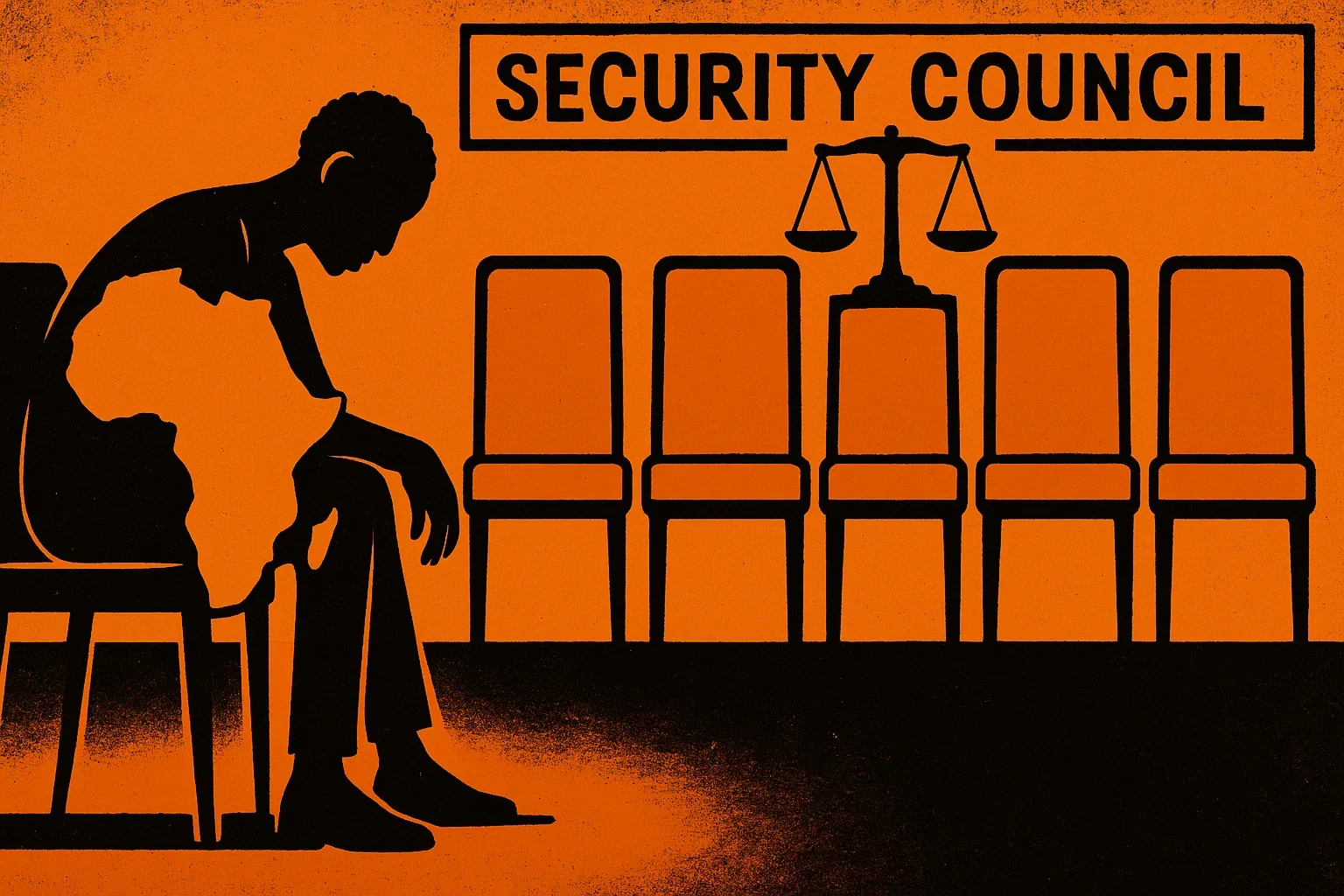Since the Security Council was established in 1945, it has been described as the political conscience of the world, but in reality it reflects an imbalanced balance of power heavily weighted towards five permanent members - while the African continent, with 54 countries and more than a billion people, stands on the sidelines with no permanent seat and no veto power.
Although more than 70 percent of Council meetings and 50 percent of Council resolutions in the last two decades have concerned African crises, the continent has not been consulted in most of them. Africa has become present on the agenda...but absent from the decision room.
But this absence has not prevented some countries from making a mark during their non-permanent membership:
Niger, for example, has used its position to highlight issues of terrorism and development in the Sahel, and South Africa has led discussions on the relationship between climate and security. However, these attempts remain limited by the dominance of the "Big Five" who monopolize the drafting of resolutions and veto power, making the African role closer to "symbolic participation."
In the field, three major cases-Sudan, the Democratic Republic of Congo, and Libya-reveal the limits of the council's effectiveness in Africa:
In Sudan, Russia's veto paralyzed any attempt to impose a ceasefire, leaving the conflict raging despite the humanitarian tragedy.
In DR Congo, the council ended one of its largest UN missions despite warnings of a deadly security vacuum.
In Libya, the file became an arena of tensions between Moscow, Paris, Ankara, and Washington, leaving the council's decisions to revolve around "renewing mandates without solutions."
In the field of counterterrorism, Africa created regional forces such as the Sahel Five, but the Security Council did not give them sufficient funding or a real mandate, and they gradually collapsed, leaving a vacuum that was filled by external powers such as Russia and Wagner's mercenaries.
UN sanctions, while a legitimate tool of pressure, have often been applied with apparent selectivity: quickly imposed on weak African states, but frozen against major powers or their allies. The result is that people pay the price, not the targeted governments.
As Washington, Beijing, and Moscow compete for influence on the continent, Africa has become a bargaining chip in the deals of the big boys.
China uses its veto power to protect its African allies, Russia bargains with its political support in exchange for African votes on Ukraine, while the West seeks to woo the continent with promises of "reform and development support."
Today, the continent is pushing for a comprehensive reform of the Security Council based on what is known as the Ezulwini Consensus.
which calls for Africa to be granted two permanent seats and five additional non-permanent seats.
But the dossier remains stuck between promises of reform and the silence of the permanent members, who refuse to share the historic privilege they granted themselves 80 years ago.
️ Bottom line: ✳
Africa is not asking for a political handout but a historical entitlement.
Its fair representation in the Security Council is not only a continental demand, but a moral imperative to ensure the legitimacy of the international system in the 21st century.
As long as the continent remains in the "waiting seat," global peace will remain incomplete and justice lame.
To view the video and read the full analytical paper, please scroll down. 📩
Africa in the waiting seat: Missing Justice at the UN Security Council
When the world votes on Africa... without Africa in the room, the whole world loses its moral voice.

Comments